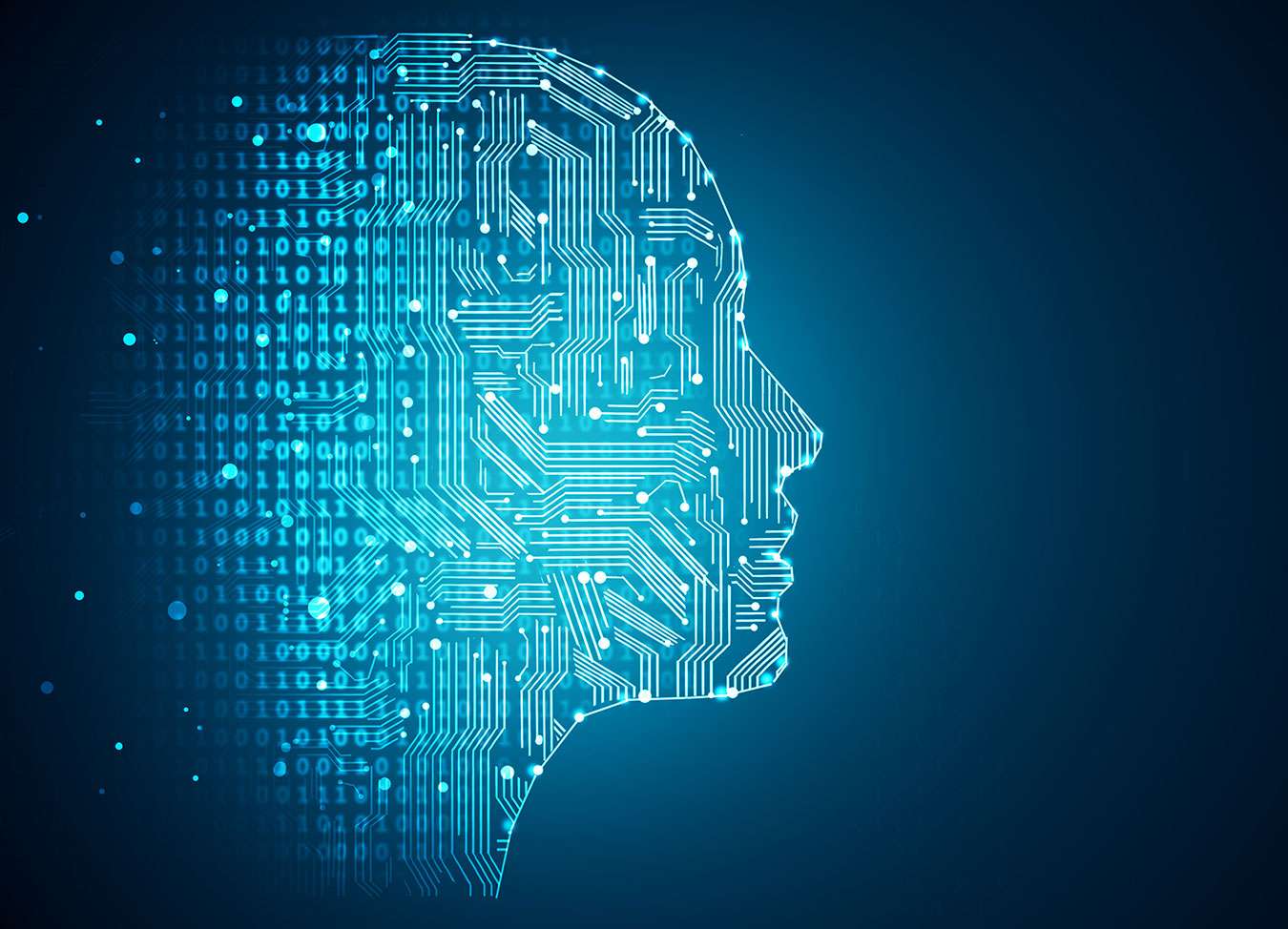
There’s been a lot of recent press coverage on artificial intelligence (AI), primarily related to ChatGPT. We’ve seen stories about compelling new advancements along with the ever-present dire warnings of the potential harm that AI can do. Despite any hyperbolic headlines, AI continues to steadily progress while fundamentally transforming our personal lives and our business solutions.
One of the factors that makes AI such an intriguing story today is the speed at which it’s evolving and working its way into mainstream, everyday conversations. However, the concept of “AI” has been around a lot longer than many of us have been alive and early AI implementations are now decades old. As we contemplate the future implications of AI, reflecting on some of the history could be helpful:
- 1980s: We start to see “deep learning,” which essentially simulates how neurons process information in our brains, forming the basis for many future AI advancements.
- 1990s: The IBM supercomputer Deep Blue defeats chess grandmaster Garry Kasparov in a head-to-head battle.
- 2010s: Leveraging massive amounts of data and huge gains in cloud computing, IBM Watson wins the “Jeopardy Tournament of Champions.”
- Today: “Smart” devices leveraging AI are ubiquitous (just look down at your phone and talk to Siri or ask Alexa a question from across the room).
Get ready for ChatGPT and how it’s changing perceptions around AI
One of the biggest recent changes in AI is the concept of generative AI, which is deep learning leveraging a technique called “Generative Pre-Trained Transformer.” That’s where the “GPT” in ChatGPT comes from—and it means that AI is getting much more proficient at tasks that require language processing and creativity rather than just number crunching.
For instance, you might have heard about ChatGPT being able to pass the legal bar and medical exams. With the ability to manage increased complexity and ideation, AI is now approaching the level of processing and creativity we thought only humans could do well.
A lot of the buzz stems from the widespread appeal of these fun and creative aspects of AI. That might be why it took just five days for ChatGPT to reach five million users after its launch. And expectations for AI remain sky-high, with some economists forecasting the potential of a $100 billion industry in the next three years.
Prepare for potential opportunity—and disruption
Of course, there is potentially a dark side to widespread AI adoption. AI could mean a potential significant disruption in the labor market, where two-thirds of jobs will likely be impacted in some way, including professional jobs, such as lawyers, medical professionals, marketers, IT staff, and others.
However, I’m optimistic that the benefits of ChatGPT and other AI advancements will far outweigh any drawbacks. In fact, we’ve already seen the value of traditional “analytical” AI tools delivering impressive results across the fuel and convenience industry, such as:
- Analyzing sales data, foot traffic, and weather patterns to support more accurate sales predictions and inventory management
- Powering automated, frictionless checkout and video surveillance at convenience stores
- Performing margin modeling and determining the competitive importance of price elasticity to optimize fuel pricing
Leverage AI-based convenience store solutions today
As businesses and consumers increasingly rely on digital technologies, AI solutions will only become more impactful in our industry. For instance, it will be much easier to predict consumer behaviors and deliver more personalized offers in real time to give them what they really want.
At PDI, we’re already leveraging AI in products such as Fuel Pricing and we continue to explore how we can leverage the technology to automate tasks, eliminate errors, save time, and reduce operational costs. Our goal is to simplify—or eliminate—routine processes to make your life easier and more productive. Exploring new technologies such as generative AI will give us yet another tool to accomplish that goal.
Suffice to say that AI technology is moving incredibly fast and will play an increasingly prominent role in our lives. As we focus on the next generation of innovation, AI promises to improve how you run your business so you can deliver a better overall product or experience for your customers. It’s another step in our “Better Together” journey that will benefit the entire convenience ecosystem.
If you want to know more about how we’re leveraging AI to innovate at PDI, let us know at innovation@pditechnologies.com.
You can thrive in today’s digital economy. Contact us today to learn how we can help you transform your business.



